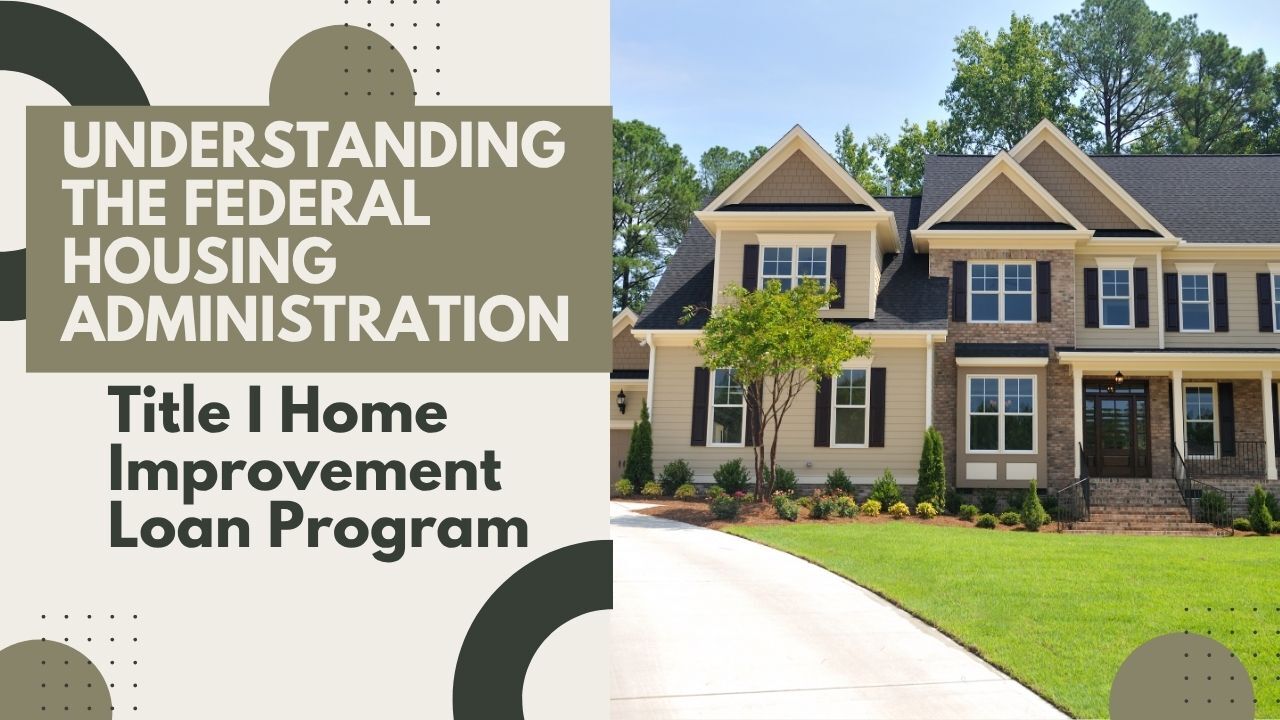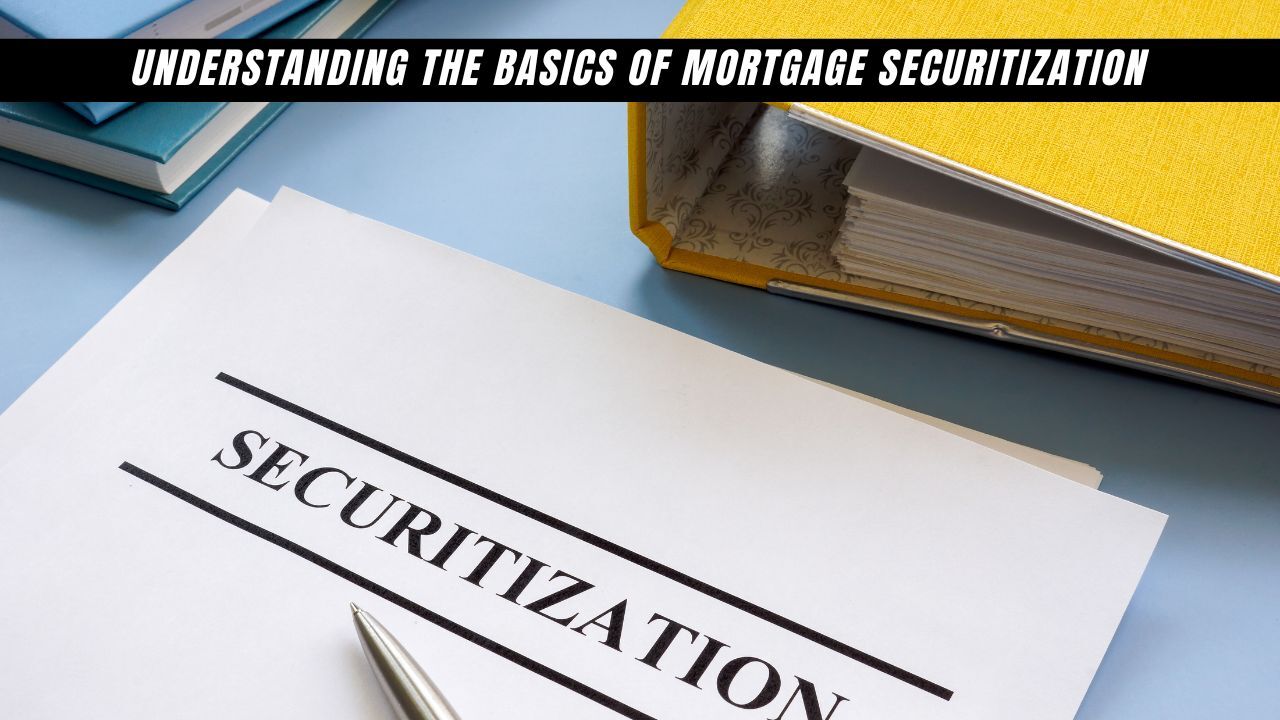 Introduction to the Program
Introduction to the Program
The Federal Housing Administration Title I Home Improvement Loan Program is a government-backed initiative designed to help homeowners finance necessary repairs, upgrades, and improvements to their primary residence. Established under the National Housing Act, this program makes funding accessible for individuals who may not qualify for traditional home equity loans due to limited equity or lower credit scores.
Purpose and Scope of the Loan
This loan program was created to support the maintenance and improvement of existing housing, thereby preserving the nation’s housing stock and enhancing community stability. The funds can be used for a wide range of home improvement projects that improve livability, utility, or safety. These improvements can include roofing, plumbing, structural repairs, heating and cooling systems, accessibility modifications, and more.
Who Is Eligible to Apply
To qualify for the Federal Housing Administration Title I loan, applicants must be the owner of the property and occupy it as their primary residence. In some cases, tenants may also qualify with the property owner’s approval. There is no minimum home equity requirement, which makes this loan especially helpful for newer homeowners or those living in areas with modest property values.
Loan Terms and Limits
The Federal Housing Administration Title I loan is available for both single-family and multifamily properties. For single-family homes, the maximum loan amount is typically thirty-five thousand dollars, with repayment terms extending up to twenty years.
Interest rates are set by the individual lenders and are generally based on the current market. These loans are unsecured; this feature reduces risk for the homeowner and simplifies the application process.
Permitted Uses of Funds
Loan proceeds must be used for permanent improvements that enhance the use or value of the property. Common eligible uses include:
- Roof repair or replacement
- Window and door replacement
- Plumbing and electrical system updates
- Heating and air conditioning installation
- Accessibility enhancements for individuals with disabilities
- Kitchen and bathroom remodeling
- Energy efficiency improvements
Benefits of the Program
The Federal Housing Administration Title I Home Improvement Loan Program offers several key benefits to borrowers:
- Accessibility for homeowners with limited equity
- Flexible use for a broad range of essential home improvements
- Long repayment terms that help manage monthly payments
- No need for a home appraisal or significant documentation in many cases
- Government insurance reduces risk for lenders, increasing borrower eligibility
These features make the program an attractive option for homeowners who need to make critical updates without taking on a second mortgage or drawing from existing equity.
How to Apply
To apply, homeowners should first contact a lender that is approved to offer Federal Housing Administration Title I loans. The lender will review the borrower’s financial situation, discuss the scope of the improvement project, and guide the borrower through the documentation and underwriting process.
A Practical Option for Necessary Home Upgrades
The Federal Housing Administration Title I Home Improvement Loan Program provides a practical, accessible financing option for homeowners who need to invest in the safety, efficiency, and longevity of their property.
For homeowners who need to repair, upgrade, or improve their home without significant equity or savings, this program may serve as a responsible and effective solution.
 As Americans prepare to celebrate the Fourth of July, it is important to reflect on the core values that define our nation: freedom, opportunity, and the pursuit of a better life. These same ideals continue to inspire individuals and families across the country to pursue homeownership, which remains a foundational part of financial independence and long-term security.
As Americans prepare to celebrate the Fourth of July, it is important to reflect on the core values that define our nation: freedom, opportunity, and the pursuit of a better life. These same ideals continue to inspire individuals and families across the country to pursue homeownership, which remains a foundational part of financial independence and long-term security.
 What Is Mortgage Securitization?
What Is Mortgage Securitization? Introduction to the Program
Introduction to the Program